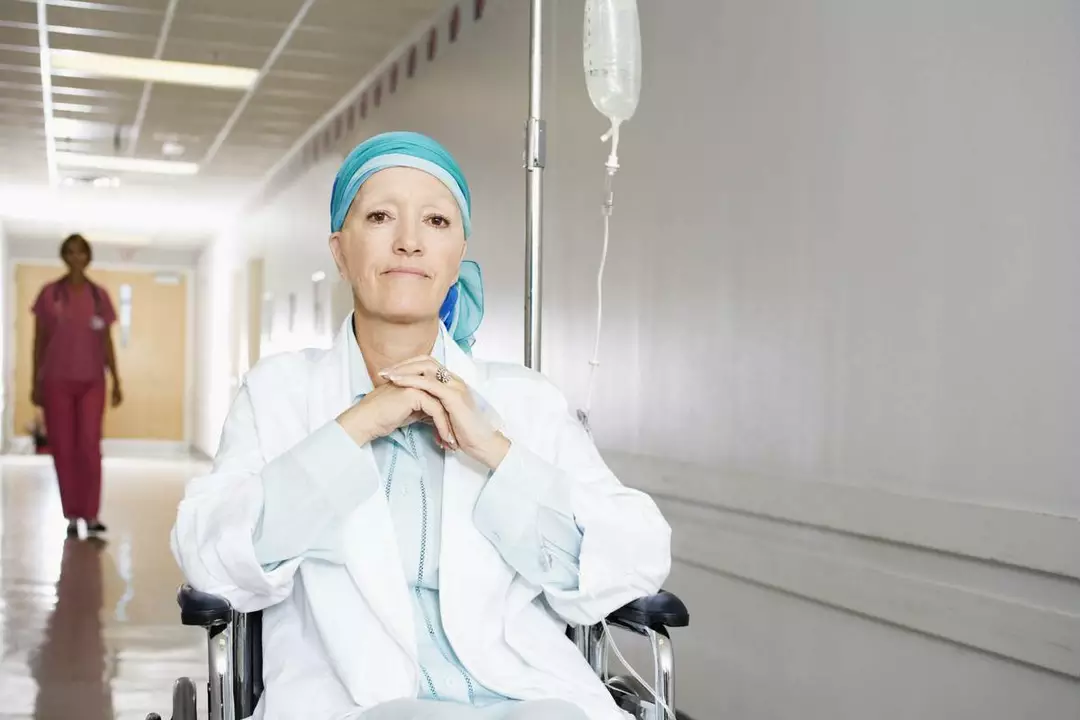Chemotherapy: What to Expect, How It Works, and Practical Tips
Getting a chemo plan can feel overwhelming. Chemotherapy still plays a major role in curing cancers, slowing growth, and easing symptoms. This page gives clear, practical info: how chemo works, common types, typical side effects, and everyday tips to stay safer and more comfortable during treatment.
How chemotherapy works and common types
Chemotherapy uses drugs that kill fast-growing cells. That includes cancer, but also some normal cells like hair and gut lining, which is why side effects happen. Chemo comes as IV infusions at a clinic, regular injections, or pills you take at home. Drugs vary: classic ones like cisplatin, doxorubicin, and cyclophosphamide; taxanes such as paclitaxel; and newer targeted agents and immunotherapy that sometimes get grouped with chemo. Regimens can be one drug or several combined on a schedule—every week, every few weeks, or daily for months. Your oncologist will explain the goal: cure, control, or symptom relief.
Practical tips to manage side effects
Nausea and fatigue are the most common complaints. Ask for anti-nausea meds before and after treatment—they work well if taken on schedule. For fatigue, prioritize rest but try short walks; light activity often helps energy levels. Mouth sores need attention: rinse with salt-and-soda water, avoid spicy foods, and tell your care team early. Hair loss is emotional—many find scarves, hats, or wigs helpful; scalp cooling can reduce hair loss for some drugs. To lower infection risk, wash hands often, avoid crowded places when counts are low, and report fever right away. Constipation and diarrhea both happen—use fiber, fluids, or the meds your team recommends.
Nutrition matters. Small frequent meals, protein-rich snacks, and bland foods when appetite is low usually help. If appetite drops significantly, ask about meal supplements or referral to a dietitian. Keep a simple list of your current meds, supplements, and allergies and show it to each care provider; some supplements interact with chemo.
Plan practical details ahead: arrange rides for infusion days, stock easy meals, and set up a contact person for questions. Track side effects in a notebook—date, symptom, severity—so you can tell your doctor exactly what’s changing. Bring a list of questions to appointments: expected goals, timeline, fertility risks, vaccine advice, and signs to seek urgent care.
Chemo affects each person differently. Talk openly with your medical team about what you fear and what’s most important to you. They can tailor doses, add supportive drugs, and suggest services like counseling, physical therapy, or financial help. You don't have to figure this out alone—use your care team and trusted resources to make day-to-day life more manageable while you focus on treatment.
Ask about fertility preservation before treatment if having children matters. If possible, discuss clinical trials — they can give access to drugs. Check with insurance early; hospital social workers help with paperwork and copays. Join a local or online support group; hearing others' tips makes the rough days easier and gives practical tricks you won't find in pamphlets.
Tips for managing nausea during chemotherapy
As a cancer patient undergoing chemotherapy, managing nausea has been a challenging yet essential aspect of my treatment journey. Through trial and error, I've found that eating small, frequent meals and avoiding strong smells can help prevent nausea. Sipping on ginger tea and staying well-hydrated also seems to ease symptoms. Additionally, I've discovered the importance of taking anti-nausea medications as prescribed by my healthcare team. Lastly, practicing relaxation techniques like deep breathing and meditation has provided some relief during these tough times.

